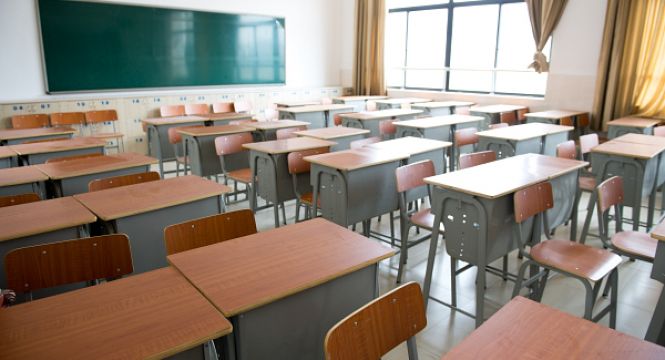The survey of second-level students in areas of social disadvantage found that they reported significantly lower levels of wellbeing and increased stress in 2020 during the lockdown period, compared to the previous year.
The data was collected as part of a wider longitudinal study by Trinity Access – a programme to increase access to post-secondary education for students in areas of low progression to higher education – at Trinity College Dublin, which meant clear comparisons could be made with 2019.
Some of the main reasons mentioned by students for the decline in their wellbeing included reduced feedback from teachers, a lack of connection with their peers and a perceived increase in workloads.
Schools should develop a contingency plan in case of further lockdowns.
The survey found that four out of five students felt their workload increased during lockdown, and also that students who had low parental involvement or negative relationships with teachers were more likely to experience a decline in mental wellbeing.
Dr. Aibhín Bray from Trinity’s School of Education said the findings of the survey had important implications for future school closures: “Schools should develop a contingency plan in case of further lockdowns.
"[This would involve] making sure that a co-ordinated, whole-school approach is taken to the provision of online learning, with a unified view of assessment and of workloads for students that is distributed across subjects in such a way that the student is not overloaded.”
Leaving Cert
Another major finding of the survey was that just a third of students agree with predictive grading for the Leaving Cert.
The survey of more than 1,000 students from 15 schools in the greater Dublin area highlighted mixed views about the cancellation of state exams and the introduction of predictive grading, with half of those surveyed agreeing with the cancellation of exams.
However, students were “less convinced” about the use of calculated grading, with just 33 per cent agreeing with its introduction. The results of this new system are due to be published shortly on September 7th.
Researchers said the findings of the survey “provide important insights into the failings of the current Leaving Certificate examination system in adequately representing [students’] work and achievement in schools.”
Researchers said that insight was also provided by students entering their final year of second-level education, “with many concerned about the interruption to their studies in their fifth year” and some suggesting this was “an opportunity to reform the Leaving Certificate toward continuous assessment in senior cycle”.
A report has been compiled by researchers off the back of the survey, which lists a range of recommendations for both those working at a system level and for school leaders and educators.







